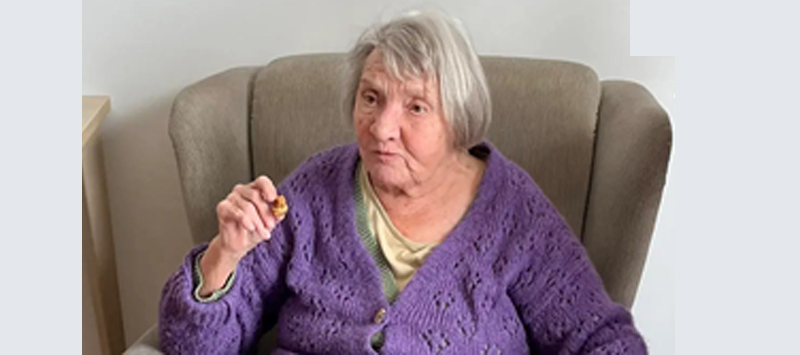
Remembering Maria Mies: Pioneering Ecofeminist Author and Activist
Article by - Gowri Lakshmi (21COMA29) Volunteer, Women Empowerment Cell
Maria Mies is a renowned feminist scholar, activist, and author, whose influential work on ecofeminism has shed light on the interconnectedness of gender and environmental issues. Her groundbreaking ideas have challenged traditional perspectives and brought attention to the systemic exploitation of both women and nature. Maria Mies was born on February 3, 1931, in Germany. She pursued her education at the University of Cologne, where she studied sociology and economics. Mies began her career as an academic, teaching at the University of Bielefeld and later at the University of Applied Sciences in Münster. She focused on various social issues throughout her career, including labor, globalization, and feminism. She is best known for her pioneering work on “Ecofeminism”, which emerged as a significant movement in the 1970s. It examines the links between the oppression of women and the exploitation of nature and argues that both stem from patriarchal and capitalist structures. Mies, along with other prominent ecofeminist thinkers such as Vandana Shiva, developed a framework that challenged the dominant economic and social systems. Mies explored the connections between capitalism, patriarchy, and imperialism in her influential book, "Patriarchy and Accumulation on a World Scale" (1986). Mies highlighted how women's work was devalued and hidden from economic calculations, leading to the continued marginalization and exploitation of women. She also emphasized the importance of traditional ecological knowledge held by indigenous communities, which she believed had been overlooked and devalued by Western society. She advocated for a shift towards more sustainable and egalitarian practices, highlighting the need for a reconnection with nature and the recognition of women's knowledge and experiences in environmental decision-making. Maria Mies has been an active advocate for gender and environmental justice throughout her life. She co-founded the Women and Development Network in Germany, which addressed women's rights and sustainable development issues. Mies have been involved in numerous social movements, speaking out against global economic inequality and ecological destruction. By highlighting the gendered dimensions of ecological crises and the need for alternative systems, Maria Mies has contributed significantly to the advancement of ecofeminist theory and practice.